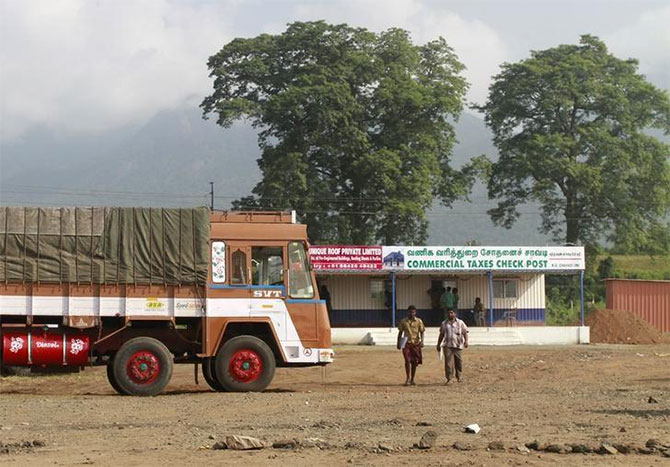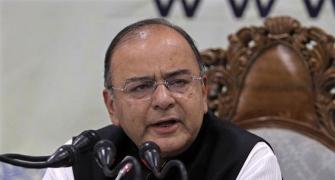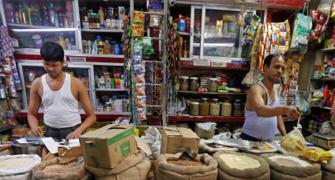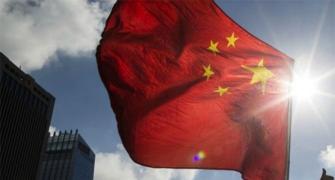According to Mitra, items such as foodgrain, vegetables, leather goods, footwear, cottage cheese, puffed and flattened rice, books and entertainment tax, among several others, should be in the zero-tax bracket.

West Bengal Finance Minister Amit Mitra on Tuesday said the goods and services tax (GST) Bill would be tabled in the Assembly only after a consensus was reached between the state and the Centre over contentious rates.
“Before placing the Bill in the Assembly, we need to sort out the differences (between West Bengal and the Centre). The GST Bill in its current form is not acceptable,” Mitra said. The state finance minister is likely to attend the Saturday meeting on the GST. He had not attended the two previous crucial meetings.
“Over the (July 1) roll-out date, I have serious doubts,” he said, adding that 40 per cent of GST Suvidha providers haven’t started network tests, the technology was not in place and, most important of all, all rules haven’t been finalised.
A major point of contention of the West Bengal finance minister was over entertainment tax. The state charges two per cent tax for vernacular films, but this would shoot up under GST. Mitra said it would impede cultural activities in the state and discourage artistes.
“I have called up the finance ministers of states that charge zero entertainment tax for vernacular films to protest at the GST Council. The fight (with the Centre) is still on.”
According to Mitra, items such as foodgrain, vegetables, leather goods, footwear, cottage cheese, puffed and flattened rice, books and entertainment tax, among several others, should be in the zero-tax bracket.
Mitra said the Centre had agreed to the zero-tax slab suggestion from the Empowered Committee of State Finance Ministers (ECSFM), it had tacitly taxed processed items. Citing an example, Mitra said human hair, for making wigs, has been kept in the zero-tax slab. But hair needs to be dressed and bleached, and this was where taxation would occur.
“While human hair has been kept in the zero-tax bracket, wigs and items made of human hair are taxed at 28 per cent,” he said, adding that it would affect the livelihood of one million people in East Midnapore.
While fresh and frozen vegetables in the raw form have been kept in the zero-tax bracket, processed items such as potato pellets, cereal flakes and others will attract a five per cent tax. Most leather goods fall in the 12 and 15 per cent GST slabs, while raw hide had been kept in the five per cent bracket.
Unbranded cottage cheese will attract zero per cent GST, while branded ones will fall under the five per cent bracket. For books, several items have been classified under the zero and five per cent tax slabs.
The state’s parliamentary affairs minister, Partha Chatterjee, said Mitra would again write to Finance Minister Arun Jaitley, expressing the views of West Bengal Chief Minister Mamata Banerjee.
In the May 18 Srinagar session of the GST meeting, where GST rates were announced, Mitra had written a seven-page letter to Jaitley highlighting 17 suggestions for goods tax and 15 for services tax. Mitra did not attend this meeting because he was unwell.
Previously, he had written to Jaitley stating that the small-medium scale industry was not ready for the July 1 date. Mitra alleged the Centre had wanted to keep higher taxes for certain categories of goods which the ECSFM had successfully reduced to lower or nil tax brackets.
Photograph: Sivaram V/Reuters










